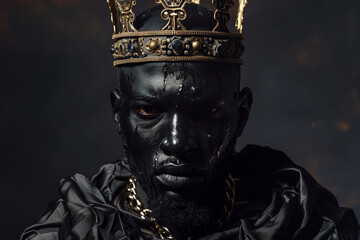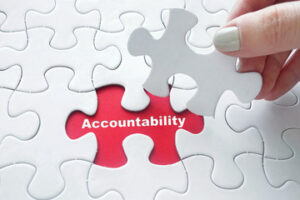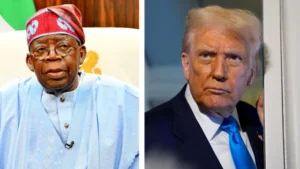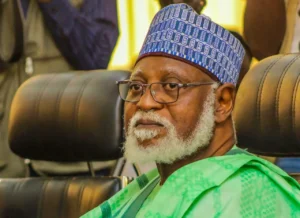THE BETRAYAL OF TRUST: A KING’S DESCENT INTO DARKNESS

In the heart of Kwale, Delta State, a shocking betrayal has unfolded that leaves us questioning the very fabric of our society.
A king, a figure traditionally revered for wisdom, leadership, and the protection of his people, has allegedly joined forces with Fulani herdsmen to kidnap his own subjects.
This heinous act is not just a crime; it is a profound moral failure that reflects a disturbing trend in our contemporary world—a trend where greed and ambition overshadow the sanctity of human life and community.
The role of a king is to safeguard the welfare of his people, to be a beacon of hope and justice. Yet, in this instance, we witness a grotesque perversion of that role.
The very person entrusted with the protection of his community has become an agent of fear and violence. This betrayal is not an isolated incident; it is emblematic of a broader malaise that afflicts many leaders today.
Across the globe, we see individuals in positions of power prioritizing personal gain over the welfare of their constituents, often at the expense of the very lives they are meant to protect.
The motivations behind such actions are often rooted in a toxic blend of greed, ambition, and a complete disregard for human dignity. The allure of wealth and power can corrupt even the most noble of intentions, leading individuals to commit unspeakable acts against their own people.
This king’s actions are a stark reminder that the pursuit of affluence can lead to moral bankruptcy, where the value of human life is diminished to mere collateral in the quest for riches.
As we reflect on this tragic incident, we must ask ourselves: Where do we go from here? The answer lies in a collective awakening to the responsibilities that come with leadership.
It is imperative that we hold our leaders accountable, demanding transparency and integrity in their actions. Communities must come together to foster a culture of vigilance and support, ensuring that those in power are reminded of their duty to serve, not exploit.
Moreover, we must cultivate a society that values empathy and compassion over material wealth. The normalization of violence and betrayal in our communities must be challenged.
We need to instill a sense of moral responsibility in our leaders, encouraging them to prioritize the well-being of their people above all else. This can be achieved through education, community engagement, and a commitment to justice.
The actions of this king are not just a local tragedy; they resonate on a global scale.
They serve as a cautionary tale about the dangers of unchecked power and the moral decay that can ensue when leaders lose sight of their purpose. It is a call to action for all of us to demand better from those who govern us, to seek leaders who embody the values of integrity, compassion, and service.
In conclusion, the betrayal of a king who has allied with those who prey on his own people is a stark reminder of the fragility of trust in leadership. It is a wake-up call for societies worldwide to reflect on the qualities we value in our leaders and to strive for a future where the sanctity of human life is upheld above all else.
We must not allow the darkness of greed and betrayal to define our communities; instead, let us work together to build a society where leaders are held accountable and where the welfare of the people is paramount. The time for change is now.







